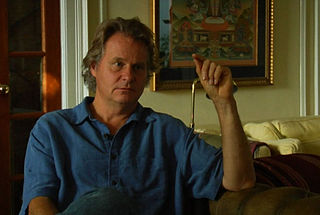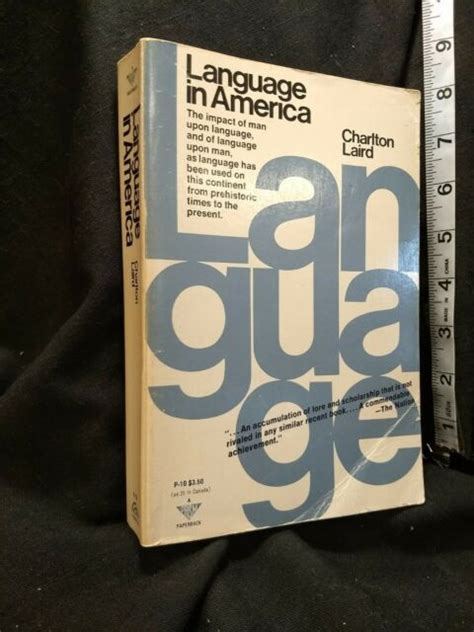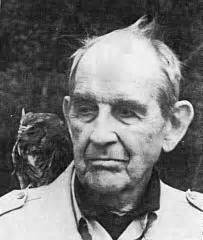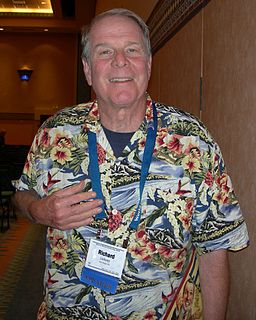A Quote by Wade Davis
A language is not just a body of vocabulary or a set of grammatical rules. ... Every language is an old-growth forest of the mind.
Related Quotes
Native speakers of a language know intuitively whether a sentence is grammatical or not. They usually cannot specify exactly what is wrong, and very possibly they make the same mistakes in their own speech, but they know-unconsciously, not as a set of rules they learned in school-when a sentence is incorrect.



































